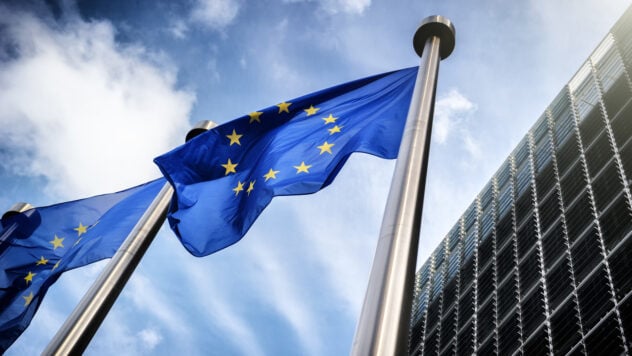
Representatives of the EU Council and the European Parliament completed negotiations on a law that would criminalize violations of EU sanctions restrictions.
This was reported on December 12 by the Council of the European Union.
The directive, if finalized, will require member states to define certain acts as criminal offences.
Now watching
We are talking about:
- helping sanctioned persons bypass the entry ban;
- trade in sanctioned goods and conduct transactions with sanctioned states or organizations;
- provision of financial services or financial activities that are prohibited or restricted;
- concealment of ownership of funds or economic resources by sanctioned persons or organizations;
- Abetting, aiding and abetting these offenses will also be punishable as a crime.
Also, trade in military goods will constitute a criminal offense not only if committed intentionally, but also in case of gross negligence.
— This directive ensures that those who breach or circumvent EU sanctions will be held accountable. This is of particular importance in the context of Russia’s war of aggression against Ukraine, — the message says.
The liability provided for violating the directive for individuals can be a fine or imprisonment for a period of one to five years, while for legal entities a ban on doing business and revocation of permits are provided.
— In particular, Member States must ensure that the offenses defined in this Directive are punishable by a maximum penalty of at least one year's imprisonment or at least five years' imprisonment, depending on the offence. Member States may decide to implement laws providing for more severe penalties — says the EU Council.
The preliminary agreement will now be submitted to the representatives of the member countries (Coreper) for approval. If approved, the text will be officially approved by the EU Council and the European Parliament.
Do you want to relax? Go to Facti.GAMES!

